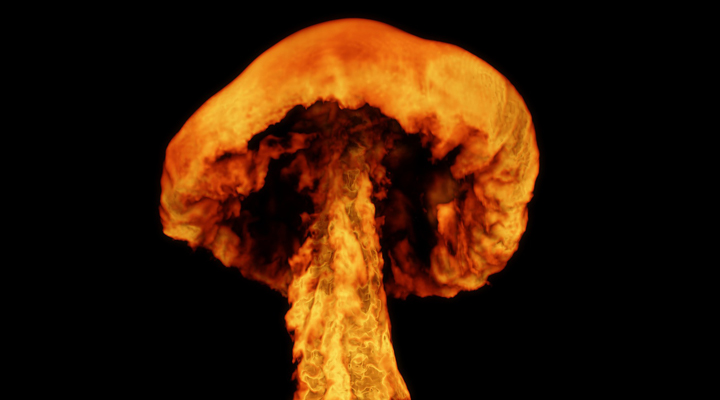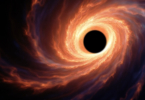The recent military events in Europe have immediately raised concerns about the risk of a nuclear conflict. The question that arises, therefore, is what would happen in the event of a nuclear bomb explosion, or multiple nuclear bombs.
The answer depends on the type of weapon used; today, there are also tactical nuclear weapons, with a low nuclear yield, that act within a limited range of territory but are capable of wiping out an entire battalion or army in one strike. There are also the more feared high-yield nuclear bombs, which, if used on a large scale, could lead to the near-extinction of humanity, not only due to the initial devastating effects but also because of the secondary effects: the so-called nuclear winter.
To clarify, a 10-kiloton nuclear weapon, roughly equivalent to the bombs dropped on Hiroshima and Nagasaki, would instantly kill about 50% of the people within a 3-kilometer radius from the detonation point. Beyond that, most buildings would be destroyed (disintegrated) within a radius of about 0.8 km.
The only chance of survival in such a case would be to be in a sufficiently deep and sturdy basement, staying inside for at least 24-48 hours to avoid radioactive fallout. Survivors would still not be able to receive help or communicate with the outside world, as communication lines would be cut off.
After the initial impact and its immediate effects, secondary consequences, which are far more insidious than the explosion itself, would follow. Modern nuclear weapons carry radioactive material high into the stratosphere, creating devastating fallout for human health. About half of those who come into contact with such radiation would die within a couple of days from radiation poisoning.
Finally, the climate! The fallout would certainly land on cultivated land, causing long-term problems, such as cancer. In particular, radioactive iodine would be lethal.
Furthermore, a soot layer would form, leading to a rapid drop in temperatures and triggering a new ice age.
From this catastrophe, humanity would emerge significantly diminished, risking extinction. As Albert Einstein famously said when asked about the topic: “I know not with what weapons World War III will be fought, but World War IV will be fought with sticks and stones.”







